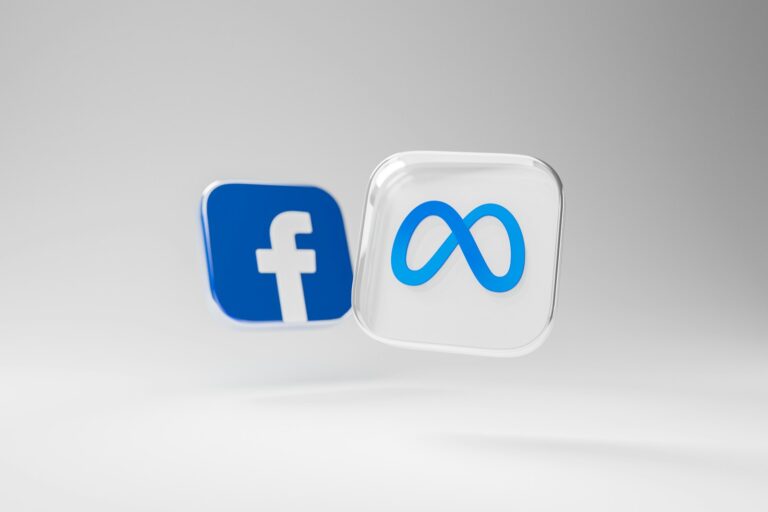The goal of a lawsuit is to reverse the company’s WhatsApp and Instagram acquisitions.
Before it goes to trial, Meta has requested that a judge dismiss an antitrust complaint that has been brought against the business by the Federal Trade Commission. Together with forty-eight states and territories, the Federal Trade Commission filed a lawsuit against Meta in the year 2020 in an effort to compel the firm to sell Instagram and WhatsApp, which it had acquired in 2012 and 2014, respectively.
The government agency, along with dozens of attorneys general, asserts that Meta, which was then known as Facebook, purchased the two platforms in order to limit competition. According to the Federal Trade Commission (FTC), Mark Zuckerberg, CEO of Meta, “recognized that by acquiring and controlling Instagram, Facebook would not only squelch the direct threat that Instagram posed, but also significantly hinder another firm from using photo-sharing on mobile phones to gain popularity as a provider of personal social networking.” As was the case with Instagram, WhatsApp posed a significant challenge to Facebook’s monopoly on personal social networking. Facebook’s primary objective was to acquire WhatsApp rather than to compete with it.
Meta makes the observation that not only did the Federal Trade Commission (FTC) provide its approval to both acquisitions in the first place, but that the FTC’s initial case was dismissed because it could not establish a viable claim. Meta asserts that “the agency has done nothing to build its case through the discovery process” to demonstrate that the company holds monopoly power in the market for “personal social networking services” and that it caused harm to consumers and competition through the purchases. This is despite the fact that a judge has allowed an amended complaint to move forward.
Instagram, which accounted for roughly 30 percent of the business’s total income in the first half of 2022, was not making any money when the company purchased the service for $1 billion in 2012. This is something that the company mentions in its request for summary judgment. According to Meta, Instagram had only two percent of the billion-plus users it has now. Additionally, Instagram introduced services such as direct messages, livestreaming, Stories, and purchasing. With regard to WhatsApp, Meta made the service available at no cost, included end-to-end encryption, and introduced phone and video calling capabilities simultaneously.
Meta contends that it has put in millions of hours of labor and spending billions of dollars on the development of the applications. According to the report, as a consequence of this, both Instagram and WhatsApp are in a better position, which is to the advantage of both customers and businesses.
In other places, Meta makes the argument that the Federal Trade Commission (FTC) failed to establish a relevant antitrust market. She asserts that the FTC’s definition of a “personal social networking services” market used “an artificially limited set of only four companies – Facebook, Instagram, Snapchat, and MeWe.” This definition ignored many of the most popular activities that people engage in on Facebook and Instagram. For example, Meta mentions that YouTube and TikTok provide features that are comparable to those of Reels when it comes to short-form video.
Furthermore, according to the business, the FTC’s claim that Meta has a “dominant share” of the artificial “personal social networking services market” is not supported by the existing evidence. Specifically, according to Meta, this is due to the fact that the FTC’s “market share numbers are meaningless without a properly defined market.”
The Federal Trade Commission (FTC) was accused of exercising “structurally unconstitutional authority” against Meta in a different case that occurred in the previous year. Meta also took advantage of the chance to take additional shots at the agency and antitrust enforcement regulations. “The decision to revisit done deals is equivalent to stating that no sale will ever be final,” Chief Legal Officer Jennifer Newstead of Meta stated in a blog post. “The decision to revisit done deals is tantamount to… Newstead contends that the Instagram and WhatsApp “lawsuit not only sows doubt and uncertainty about the US government’s merger review process and whether acquiring businesses can actually rely on the outcomes of the regulatory review process, but it will also make companies think twice about investing in innovation, since they may be punished if that innovation leads to success.”

